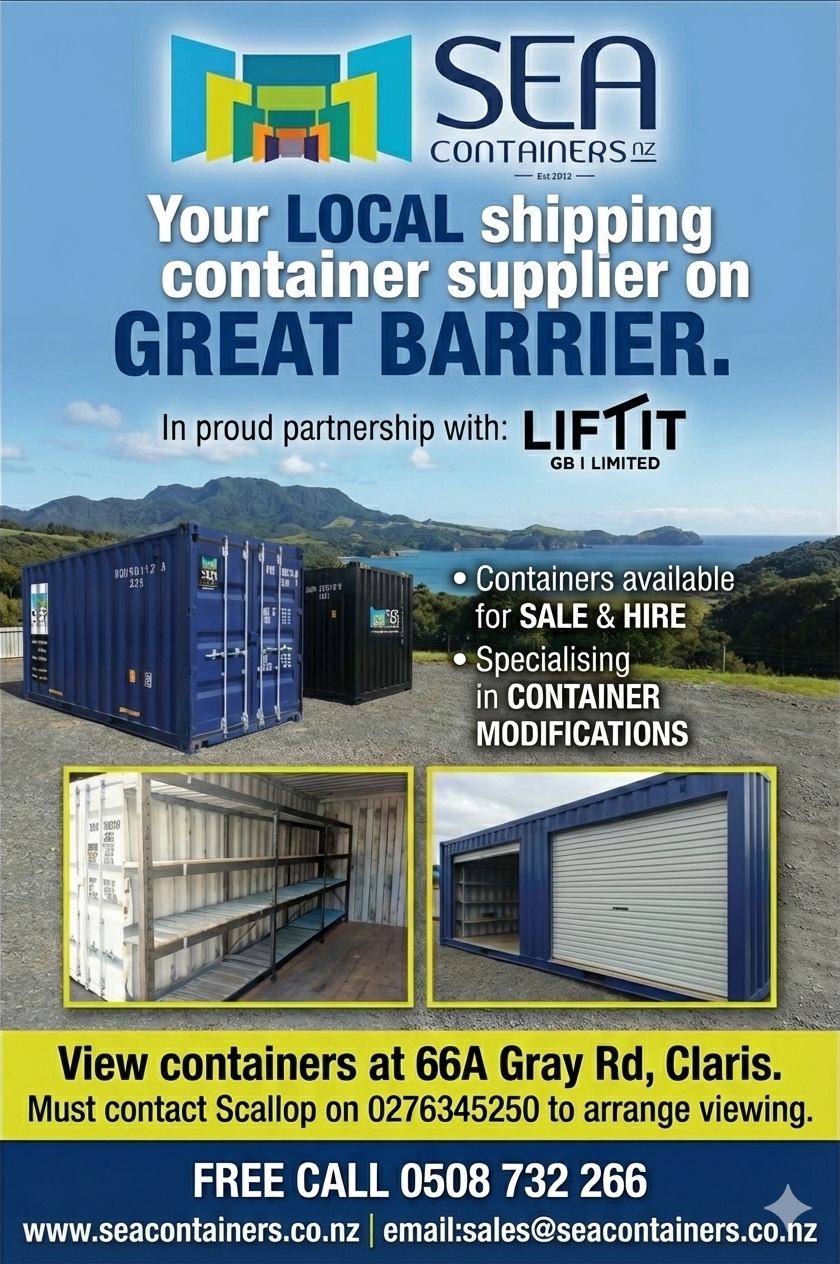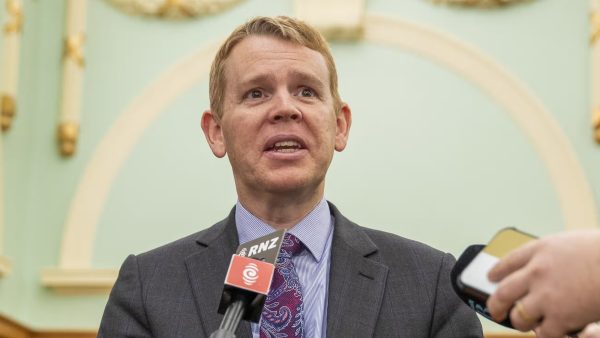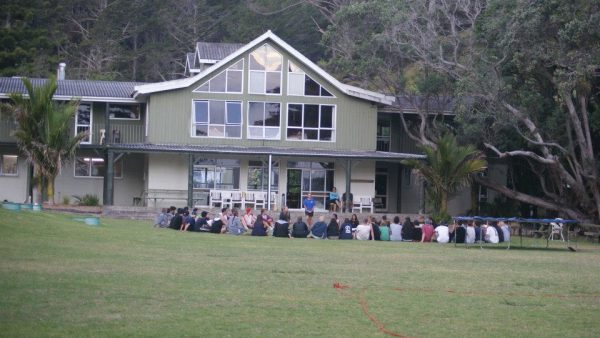Mike Lee is advocating for pragmatic progress with a commitment to preserve the region’s environment and community rights. Photo / NZME
In the heated debate surrounding Auckland Council’s stance on the government’s controversial RMA Fast-Track Approvals Bill, Councillor for Waitematā and the Gulf, Mike Lee says there’s a middle ground that legislators need to target.
While the Aotea Great Barrier Local Board has expressed outright opposition due to environmental concerns, Lee is championing a nuanced approach that supports deregulation, but with a critical addition—accelerated protections for sanctuaries and citizens’ rights.
“I fully support cutting back petty bureaucracy but I am adamantly opposed to trampling on the rights of citizens,” Lee stated, adding, “All too often people’s property rights are discounted in favor of some new Jimmy developer.”
Lee criticized current inefficiencies and cost overruns in major projects, like the City Rail Link, which he believes exemplify the drawbacks of regulation. “I think ‘Fast Track’ really just boils down to deregulation. We have had a lot of that in recent years but still the cost and the time it takes to build things just gets more expensive and takes way longer than it used to,” he remarked.
Lee highlighted the adverse impacts of unbalanced fast-tracking on Great Barrier Island, where he argues residents feel the pinch of development encroaching on their peaceful enjoyment of their homes.
“On Great Barrier, witness the way the council fast tracks helipads in residential areas. The neighbours have no rights at all. Yet fast track development for helipads mean long-term degradation of people’s peaceful enjoyment of their home and property,” he pointed out.
To remedy this, Lee proposes a dual-track approach to fast-tracking: one that accelerates infrastructure development while equally prioritizing environmental and property protections.
“To balance ‘fast track’ development why not fast track environmental protection. Look how long it takes to get approval for marine reserves for instance. Cut out pin-pricking bureaucracy by all means but let’s ensure citizens’ property rights and our precious environment are protected,” Lee suggested.
While the Aotea Great Barrier Local Board is primarily concerned with the potential environmental damage and community disruption, Lee’s stance introduces an economic perspective, acknowledging the need for deregulation to foster development at a time the island is suffering with reduced tourism and increased travel costs, but advocates for it to be done responsibly.








